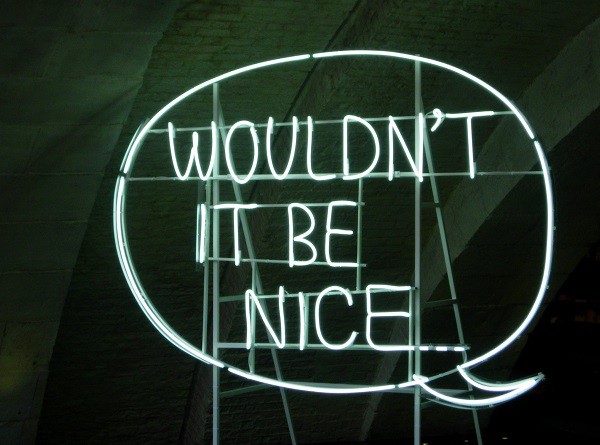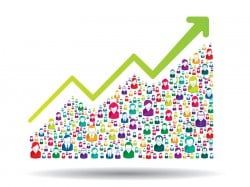What Does It Really Mean to Be Bilingual? The Complete Answer
Achieving perfect proficiency in a language is the ideal of any learner, but not the reality. Indeed, absolute adeptness doesn’t exist, as much as we wish it did. While it’s good to strive for perfection, sometimes it’s okay to cut yourself some slack, as long as you don’t slack off too much!
Language is a life-long learning process, regardless of whether or not you acquired the language later in life, or it’s your native tongue that you picked up as a child. You may be wondering then, that if language perfection is a myth, what does it really mean to be bilingual? Let’s talk it over!

Photo via Flickr
Explore our language courses with qualified native teachers in your city and online!
What Does Bilingual Mean? The Ideal
Bilingualism is the true mastery of two languages and the ultimate goal is to have achieved the same high level in both. Bilinguals should feel at home in both languages to the extent that they can discuss any topic and slip from one culture to the other without so much as batting an eye.
You’re equally comfortable using slang and local nuances in one or the other, and never struggle with mixing words, or forgetting phrases, or having issues with making yourself understood.
The Reality of Being Bilingual
While we should all seek to be that ideal bilingual, the reality is that it just doesn’t happen. So, what does bilingual mean? Here’s the thing: most bilinguals, even if they learned two languages growing up, have one language that they consider their native tongue. It’s in this tongue that they are more capable of communicating with others, and usually the proficiency level is higher than with their second language.
We simply can’t help it. You may have had Spanish-speaking grandparents, but if your parents spoke mostly English and that’s the primary language you used at school or in the workplace, your English is bound to be much stronger than your Spanish—even if you grew up hearing and using both from a very young age.

Photo via Flickr
What Does It Really Mean to Be Bilingual? The Feeling
There is a multitude of varying opinions on what it really means to be bilingual. Culture, language, and personal identity are closely intertwined. If you’re just not feeling that connection, you may not be comfortable identifying yourself as a bilingual.
For example, if you grew up speaking French and Spanish, but don’t feel any ties to France or are out of touch with the culture, humor, and social constructs that make up French culture. Therefore, you’re probably going to feel hesitant about slapping the ‘bilingual’ label on yourself.
The Freedom
Am I bilingual? What does bilingual mean? If you grew up speaking multiple languages, you are indeed bilingual (or multilingual) regardless of whether or not you see yourself as such. And nothing gives you true linguistic freedom the way knowing how to speak more than one language does.
Cognitive flexibility works much in the same way that synaesthesia does. Those who have synaesthesia often confuse senses, like seeing and hearing. They can experience music in the form of different colors, for example, and this gives them the freedom to be able to describe a musical experience in a richer, more figurative manner.
In a lot of ways, it works the same way for bilinguals. You’ve probably been there. When you can’t find the words to say something in one language, you’ll use your knowledge of the other to express yourself. This can happen in the form of directly translating a phrase or a pun into another tongue in order to get a point across, or actually switching to another language altogether when you can’t find the right word that says what you need to say.

Photo via Flickr
The Basics
Accidents will happen, regardless of how well you know a language. A word will slip your mind, or you’ll forget certain slang, or struggle to keep up with changes in a tongue you don’t use frequently.
Still, it’s good to know where you stand as far as being bilingual, or being a language learner. The basics of any language are usually rudimentary greetings, expressions, asking directions, the time, and being able to count and specify dates. With these basics, you’ll be able to get by when you travel abroad.
However, if you are capable of having advanced conversations regarding politics, religion, or any other such topic. If you can express sarcasm and tell jokes with little effort, you are most likely more on the bilingual side of things. Have confidence in your abilities and carry the label with pride!
What does bilingual mean to you? Do you consider yourself to be bilingual? Let us know in the comments below!
Explore our language courses with qualified native teachers in your city and online!
Editor’s note: Article updated on August 3, 2021.
